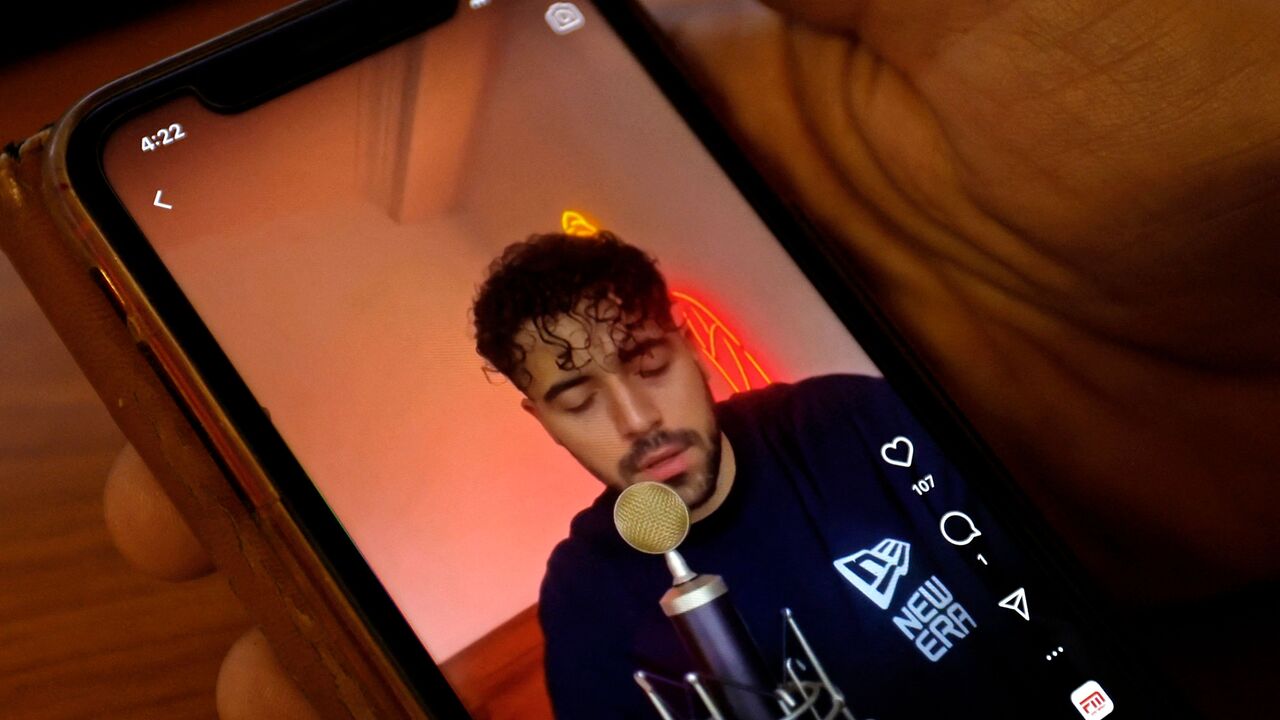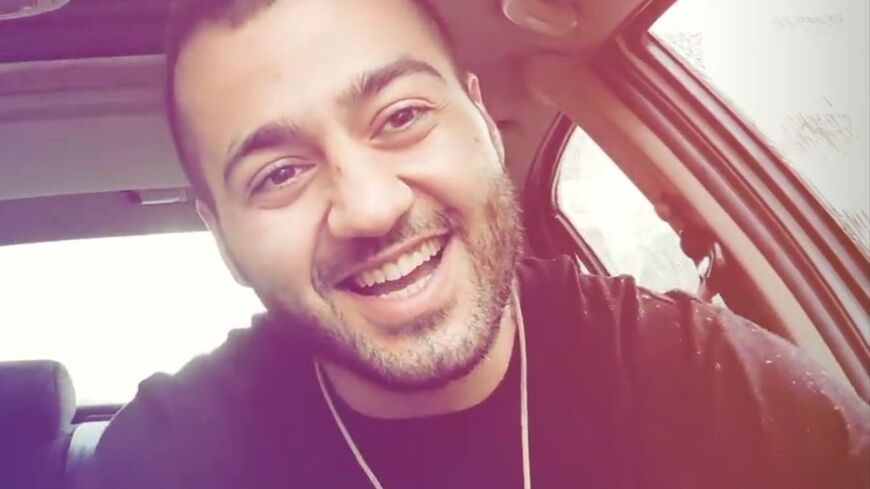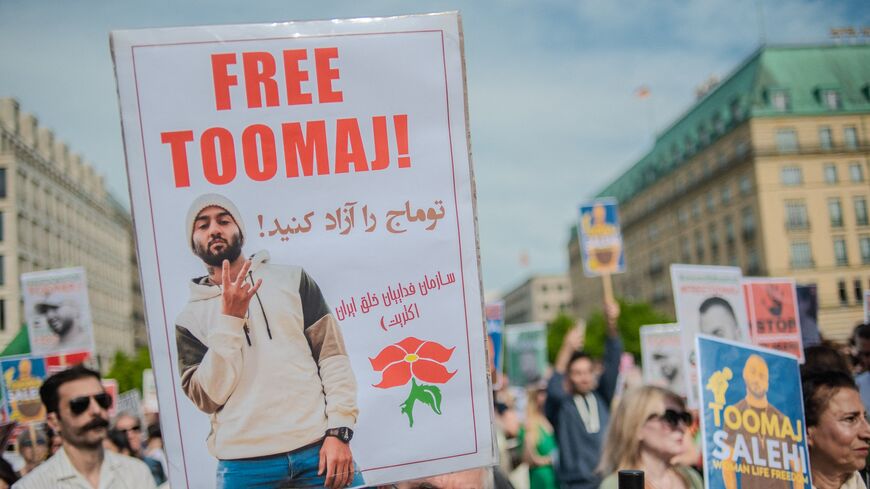Iran sentences 'Baraye' singer Shervin Hajipour to three years in jail
The singer’s hit "Baraye" became an anthem for the 2022 anti-government protests in Iran and his sentencing is the latest example of the Islamic Republic’s repression of those who took part in them.

Award-winning Iranian pop star Shervin Hajipour, known for his song “Baraye” that became an anthem of the nationwide protests in 2022, said on Friday that he has been sentenced to prison as Iran continues its crackdown on dissent.
Hajipour said he received a three-year prison sentence for “inciting and provoking people to riot to disturb national security,” as well as an eight-month sentence for “propaganda against the regime.” He was also barred from leaving Iran for two years and ordered to create a song about the United States’ “crimes,” according to an Instagram post uploaded by the 26-year-old on Friday. The picture appeared to be a document detailing his sentencing.
Iranian Grammy Award winner Shervin Hajipour has said that he’s been sentenced to three years in prison and prohibited from leaving Iran for two years on charges of “propaganda against the Islamic Republic and “instigating the public to protest”.pic.twitter.com/mWmhbc1dhQ
— Ghoncheh Habibiazad | غنچه (@GhonchehAzad) March 1, 2024
Prison sentences run concurrently in Iran so Hajipour will serve three years, according to Agence France-Presse. The Iranian activist news agency HRANA reported that the travel ban would apply following his prison term.
Hajipour released “Baraye” in 2022 in response to mass protests over the death of Mahsa Amini in September 2022. Amini, a 22-year-old Kurdish woman, died in Iranian police custody after allegedly being beaten by religious police for not wearing her head covering in accordance with Iranian law.
Hajipour's song makes direct references to the repression of freedom of expression in Iran with lyrics such as “For dancing in the streets. For being afraid of kissing. For my sister, your sister, our sisters.”
“Baraye” was widely revered by Iranians who support the protests and has had millions of views on YouTube, Instagram and other channels. The song won the Grammy award for Best Song for Social Change in 2023.
The Iranian government has not commented on Hajipour’s sentencing. Hajipour was reportedly arrested in September 2022 and released the following month on bail.
Reactions: The news of Hajipour’s sentencing was condemned by many Iranians on social media on Friday. The US-based Center for Human Rights in Iran called on people to listen to the song in response.
📢Listen to this song. Then share it. Spread it widely.
— Center for Human Rights in Iran (@ICHRI) March 1, 2024
We vehemently condemn the sentencing of musician Shervin Hajipour to 3.8 years in prison in Iran for his courageous expression of artistic freedom. The anthem he created for the "Woman Life Freedom,” entitled “Baraye” (For… pic.twitter.com/Hbprr7eC5y
Iranian-American human rights activist Masih Alinejad, who has been the target of an assassination plot in New York, called the sentencing “unjust punishment” in a post on X.
Why it matters: The Iranian government violently repressed the protests. Authorities killed more than 550 protesters, according to the Norway-based organization Iran Human Rights, while HRANA said more than 19,700 were arrested. In March of last year, the Iranian government said it pardoned more than 22,00 people arrested in relation to the protests. The protests dissipated last year after the arrests and a series of public executions. As part of the crackdown, the Iranian government ramped up the use of death sentences in a bid to deter the protesters, Al-Monitor’s correspondent in Tehran wrote in December.
The repression is ongoing and has affected other singers. In January, singer Mehdi Yerrahi was sentenced to a year of home confinement for criticizing Iran’s mandatory headscarf laws for women, Agence France-Presse reported.






